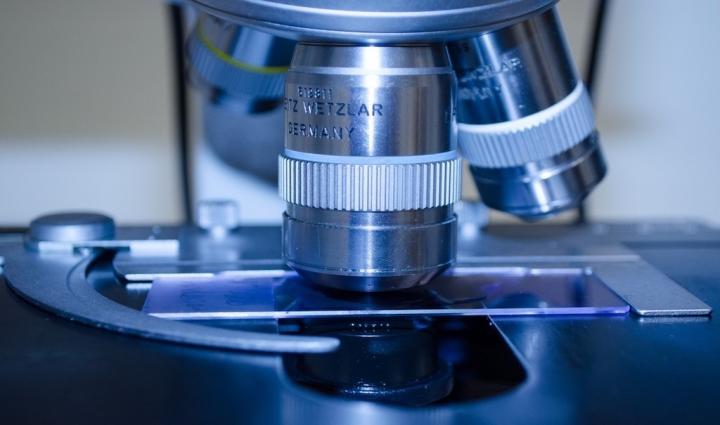
Credit: Photo via Pxhere
Forget what you know about bile because that’s about to change, thanks to a new discovery made by Michigan State University and published in the current issue of Nature.
Much of our knowledge about bile hasn’t changed in many decades. It’s produced in the liver, stored in our gall bladder and injected into our intestine when we eat, where it breaks down fats in our gut. In fact, the first bile acid was discovered in 1848, and the scientists who revealed the structure of bile acids in 1928 won the Nobel Prize. That’s a long time ago.
“Since then, our understanding of the chemistry of bile production in the liver was that the cholesterol backbone of the bile acid structure is linked to the amino acids glycine or taurine to produce our primary bile acids,” said Robert Quinn, assistant professor of biochemistry and molecular biology and Global Impact researcher, and lead author of the study. “It begs the question of how the new bile acids we’ve discovered have remained hidden during the last 170 years of bile acid chemical research.”
These new bile acids are not produced by our enzymes; they’re made by microbes in our gut. This discovery will change how medical textbooks address digestion, and it contributes to an ever-growing body of knowledge supporting the importance of the microbiome, the collective community of bacteria and other microorganisms living in our guts.
Quinn’s team, comprised of scientists from MSU, the University of California San Diego and a number of collaborating institutions, showed that microbes in the gut, members of the microbiome, produce unique bile acids by conjugating the cholesterol backbone with myriad other amino acids.
This represents a fifth mechanism of bile acid metabolism by the microbiome that greatly expands our understanding of mammalian bile.
While much of the study was conducted in mice, these novel bile acids were also found in humans. And here’s the kicker that will guide future research: They’re particularly abundant in the guts of people suffering with gastrointestinal diseases, such as Crohn’s disease and cystic fibrosis.
“These molecules can alter signaling pathways in the human gut that result in a reduction of overall bile acid production, representing a new mechanism where our gut bacteria can manipulate our own physiology,” Quinn said.
While the disease connection is an intriguing line of research, this is merely one aspect being pursued by Quinn’s lab.
“Clearly, our understanding of these compounds is in its infancy,” Quinn said. “This exciting new discovery opens more questions than answers about these compounds and their role in our health.”
###
(Note for media: Please include a link to the original paper in online coverage: https:/
Michigan State University has been working to advance the common good in uncommon ways for 160 years. One of the top research universities in the world, MSU focuses its vast resources on creating solutions to some of the world’s most pressing challenges, while providing life-changing opportunities to a diverse and inclusive academic community through more than 200 programs of study in 17 degree-granting colleges.
For MSU news on the Web, go to MSUToday. Follow MSU News on Twitter at twitter.com/MSUnews.
Media Contact
Caroline Brooks
[email protected]
517-432-0920
Original Source
https:/




